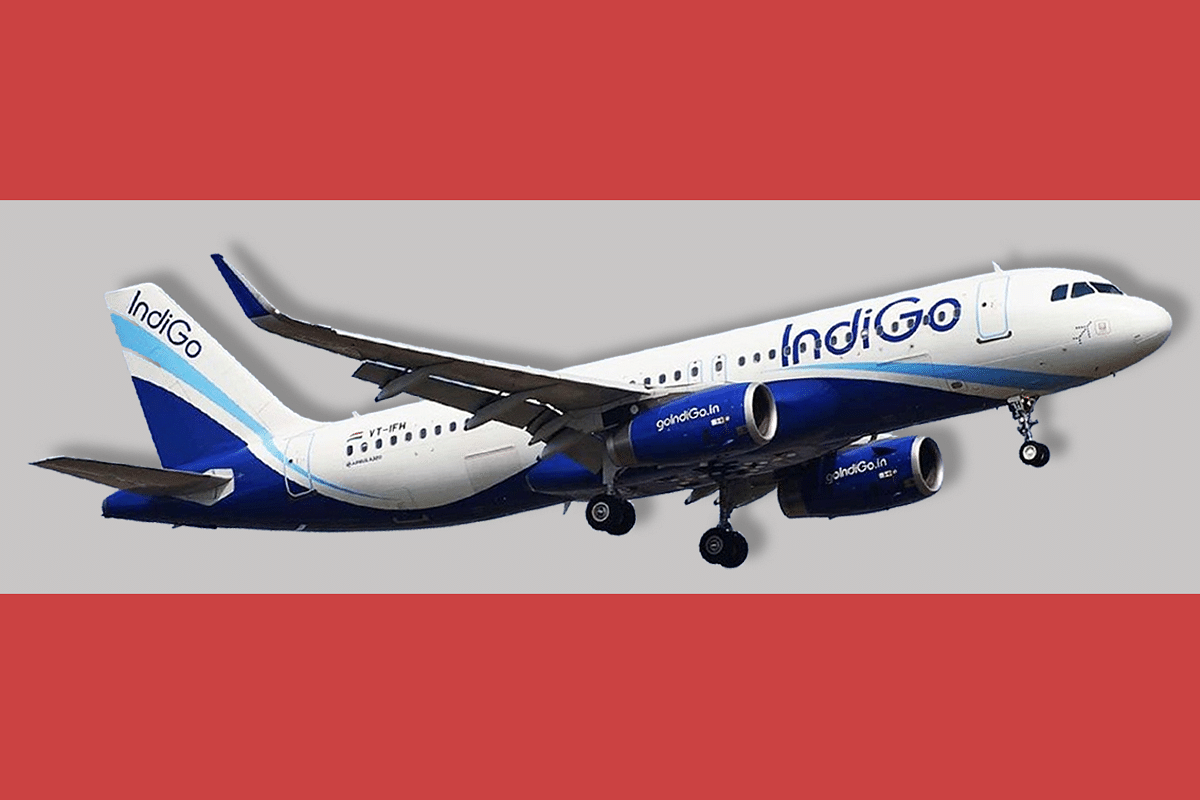Business
Gangwal-Bhatia Feud At IndiGo Is About Exit Price And Terms, Not Governance
- The dispute can only end with the exit of one partner at a fair price.
- The real arbitration that needs to take place is on price, time and place for the Gangwal exit deal.

An IndiGo aircraft.
The decision of shareholders of InterGlobe Aviation, the parent company of IndiGo Airlines, to reject a proposal to amend the articles of association (AoA) and “tag-along” clause in the promoters’ agreement, is a sign that there may be more strife ahead between the company’s main promoters.
The vote, demanded by Rakesh Gangwal and related promoter entities who owns 36.65 per cent in InterGlobe, was lost by a small margin: with 51.44 per cent against and 48.56 per cent for. But it was always clear that Gangwal would lose, since changing the AoA at an extraordinary general meeting of shareholders would have needed 75 per cent of the vote. With 38.23 per cent, Rahul Bhatia, the main promoter who runs the airline, always had the veto.
The Gangwal defeat is not so much about minority shareholders wanting to retain the status quo, but the related fear that if he is free to sell his shares, it would impact IndiGo’s market price. The company’s market valuation at current prices is around Rs 55,680 crore, and Gangwal’s share in that would be worth Rs 20,406 crore. That’s more than $2.8 billion in cash.
The Bhatia-Gangwal feud has been building over the last one year, with Gangwal first moving Securities and Exchange Board of India (SEBI) alleging that Bhatia was involved in less-than-kosher business practices. Bhatia then moved for arbitration under the London Court of International Arbitration in Delhi, filing additional cases against Gangwal in US courts.
The real issue is simple: under the shareholders’ agreement, Gangwal is obliged to vote with Bhatia in IndiGo-related decisions. The agreement also prevents Gangwal from selling his shares to anyone without first giving Bhatia the first right to refusal.
Clearly, Gangwal wants out, and he wants out on his own terms, and not those set by Bhatia, who holds the upper hand in the shareholders’ agreement.
What the shareholders defeated was Gangwal’s attempt to rework this arrangement.
The logical and only way out for the two estranged partners is a sale by Gangwal either to Bhatia or to a party anointed by Bhatia to buy the shares. One presumes that Bhatia does not want to buy the shares himself given the huge costs of acquisition.
The entry of a new promoter to buy out Gangwal may well trigger an open offer to minority shareholders, which will add to Bhatia’s reluctance to buy Gangwal out.
The dispute can only end with the exit of one partner at a fair price. The real arbitration that needs to take place is on price, time and place for the Gangwal exit deal.
Support Swarajya's 50 Ground Reports Project & Sponsor A Story
Every general election Swarajya does a 50 ground reports project.
Aimed only at serious readers and those who appreciate the nuances of political undercurrents, the project provides a sense of India's electoral landscape. As you know, these reports are produced after considerable investment of travel, time and effort on the ground.
This time too we've kicked off the project in style and have covered over 30 constituencies already. If you're someone who appreciates such work and have enjoyed our coverage please consider sponsoring a ground report for just Rs 2999 to Rs 19,999 - it goes a long way in helping us produce more quality reportage.
You can also back this project by becoming a subscriber for as little as Rs 999 - so do click on this links and choose a plan that suits you and back us.
Click below to contribute.
Latest